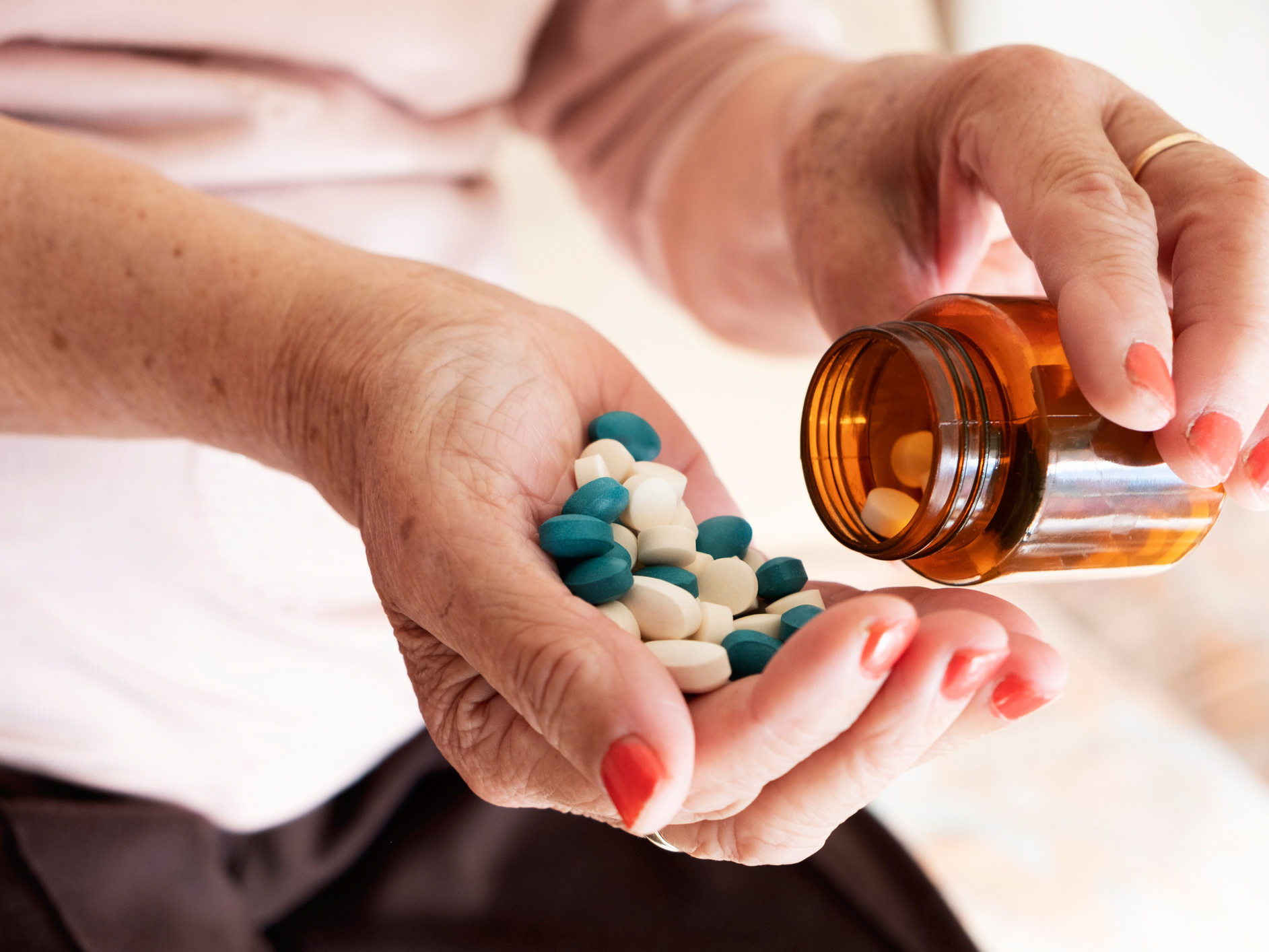Get Easy Health Digest™ in your inbox and don’t miss a thing when you subscribe today. Plus, get the free bonus report, Mother Nature’s Tips, Tricks and Remedies for Cholesterol, Blood Pressure & Blood Sugar as my way of saying welcome to the community!
Overzealous diabetes treatment is more common and dangerous than we thought

If you have diabetes, you understand what a dangerous disease it is. If your blood sugar stays too high for too long, it can lead to heart disease, kidney failure, and even blindness.
But, did you know that low blood sugar can be just as dangerous?
In fact, low blood sugar or hypoglycemia that requires an emergency room visit or hospitalization is associated with increased risk of death, cardiovascular disease, cognitive impairment, falls and fractures and poor quality of life — just to name a few of its undesirable and dangerous effects.
And, what’s worse is that according to researchers from the Mayo Clinic, if you’re taking drugs to treat your diabetes, your risk for this possibly life-threating level of hypoglycemia is not uncommon…
Intensive treatment may equal overtreatment
The Mayo team set out to identify the real-world implications and dangers of intensive glucose-lowering therapy in the U.S., using patient data from the National Health and Nutrition Examination Survey (2011-2014) and the OptumLabs Data Warehouse.
First, from the survey, they identified more than 10.7 million nonpregnant diabetic adults whose hemoglobin A1C was in the range recommended by clinical guidelines (less than 7%).
Then, they identified what qualified as intensive glucose-lowering therapy (defined as taking a medication to achieve HbA1C levels of 5.6% or less or taking two or more medications to achieve HbA1C levels of 5.7-6.4%) among U.S. adults.
And what they found was unsettling…
Not only did the researchers discover that almost 22 percent of the diabetics identified from the survey fell into the “intensively treated” category, but that this intensive treatment can easily fall into over-treatment.
In fact, they found that this overly intensive glucose-lowering therapy directly contributed to 4,774 hospitalizations and 4,804 emergency department visits in a two-year period!
Even worse, lead researcher, Rozalina McCoy, M.D., an endocrinologist and primary care physician at Mayo Clinic, said this, “Importantly, these numbers are a large underestimation of the true scope of overtreatment-induced hypoglycemic events.”
Know your risks
If you or a loved one is taking drugs for diabetes, it’s important to know your risks and talk to your doctor about whether the level of treatment you’re receiving is right for you or could lead to a hypoglycemic emergency.
Related: 9 blood sugar strategies I like better than metformin
It’s also important to note that according to the researchers, certain people that they call “clinically complex” are at an even higher risk of developing hypoglycemia. You’re in this group if you are:
- 75 or older
- Have two or more limitations on daily living activities, such as the inability to dress, feed, walk from room to room, or get in or out of bed
- Have end-stage kidney disease
- Have three or more chronic conditions
Now, don’t be fooled into thinking you might need extra medication just because you fit the “clinically complex” category.
“Older people and others we consider clinically complex are more at risk to develop hypoglycemia, as well as experience other adverse events because of intensive or overtreatment. However, at the same time, these patients are unlikely to benefit from intensive therapy rather than moderate glycemic control,” says Dr. McCoy. “When we develop a diabetes treatment plan, our goal should be to maximize benefit while reducing harm and burden of treatment.”
And, that’s exactly the goal your doctor should have — maximizing the benefits of your diabetes treatment while doing no harm, such as throwing you into hypoglycemia.
Editor’s note: The truth is there are lots of proven and effective natural and alternative ways to turn type 2 diabetes around. And you can find them in Forbidden Secrets From Nature’s Pharmacy to Reverse Diabetes and Blood Sugar Problems! For a preview, click here!
Sources:













